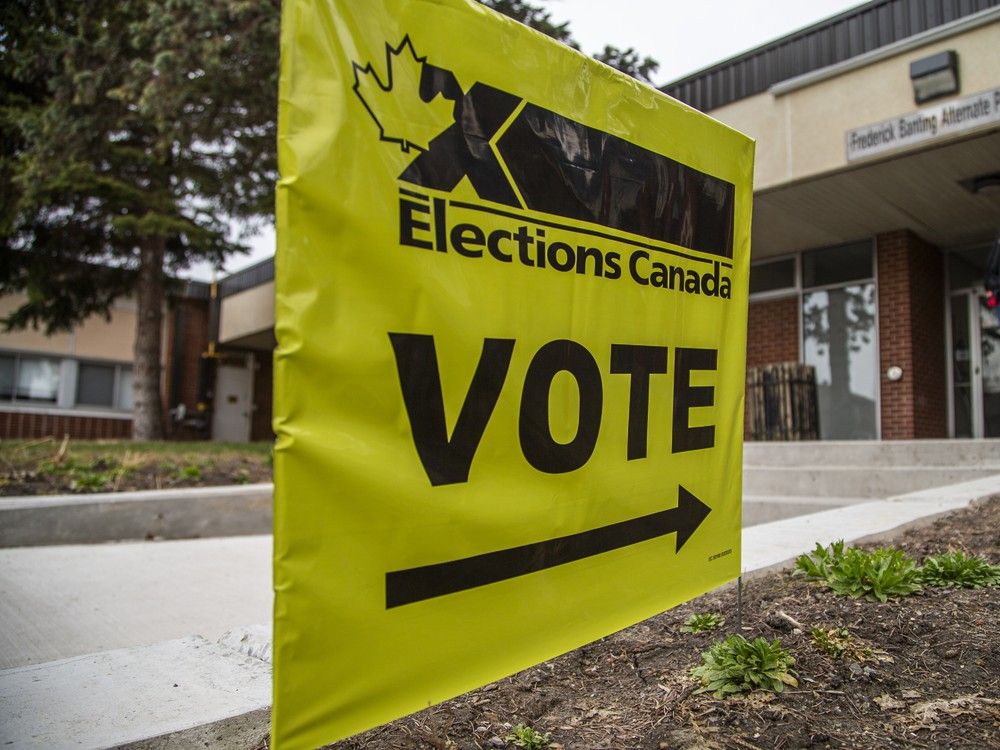Do early voters actually weigh the choices?
Re: A record 7.3 million Canadians voted in advance polls, April 22.
It used to be that advance voting was intended for, and used by, people who were planning to be away from their ridings or otherwise unavailable on voting day. This has apparently changed, since it was reported that “over four days of polling between Friday and Monday, 7.3 million people voted.”
On the plus side, at least they voted. However, it means that a large proportion of voters didn’t think that the rest of the election campaign could possibly affect their votes. This, despite the fact that the parties’ full platforms were released only on April 19 and 22.
This hardly allowed enough time for those early voters to do more than barely skim the material. Maybe many early voters always vote for the same party no matter what. On balance, it’s hard to call it progress when millions of voters can’t be bothered to wait for the the campaign to conclude.
Of course, all the parties should have been able to release their platforms much earlier, having known for a long time that the election was coming.
Geoff King, Ottawa.
Choice is clear on the housing file
Re: We’re building more homes but must act faster, April 21.
As Mayor Mark Sutcliffe states, we must build more homes quickly. However, he does not say what kind of homes we need. I see lots of homes being built but most are far more luxurious than the dwellings I had when starting out. They are not what is needed to house the homeless and new arrivals; they are not what is needed by those paying more for housing than they can afford. When an investor builds houses, they are interested in return-on-investment. Apparently, if you have a buildable lot, you can earn more by building upscale than basic housing.
One of our leading federal parties proposes accelerating home building by eliminating the GST on new homes. This allows building upscale houses for less or building even more luxurious houses. It will not necessarily lead to more basic housing. The other leading federal party proposes measures that specifically target basic housing. It stresses prefabricated houses, and supporting financing for low-income Canadians. It is ready to act as a developer to build affordable housing. Clearly, this approach will do than broad tax cuts.
Our mayor also addresses cutting development charges. Cutting those charges does not reduce actual development costs; somebody must pay them. Today’s housing stock has its development costs built into the price. Owners (i.e taxpayers) have already paid the costs of their own infrastructure. It is not fair to ask them to subsidize new housing; we need to reduce the actual costs. Basic housing will usually have lower development costs than upscale houses.
Voters who are concerned about our housing crisis have a clear choice.
Dave Parnas, Ottawa
Related
- Citizen voter: ‘We’ve never had to worry about our sovereignty before’
- Today’s letters: Westboro bus crash inquest — it’s important to learn the truth



